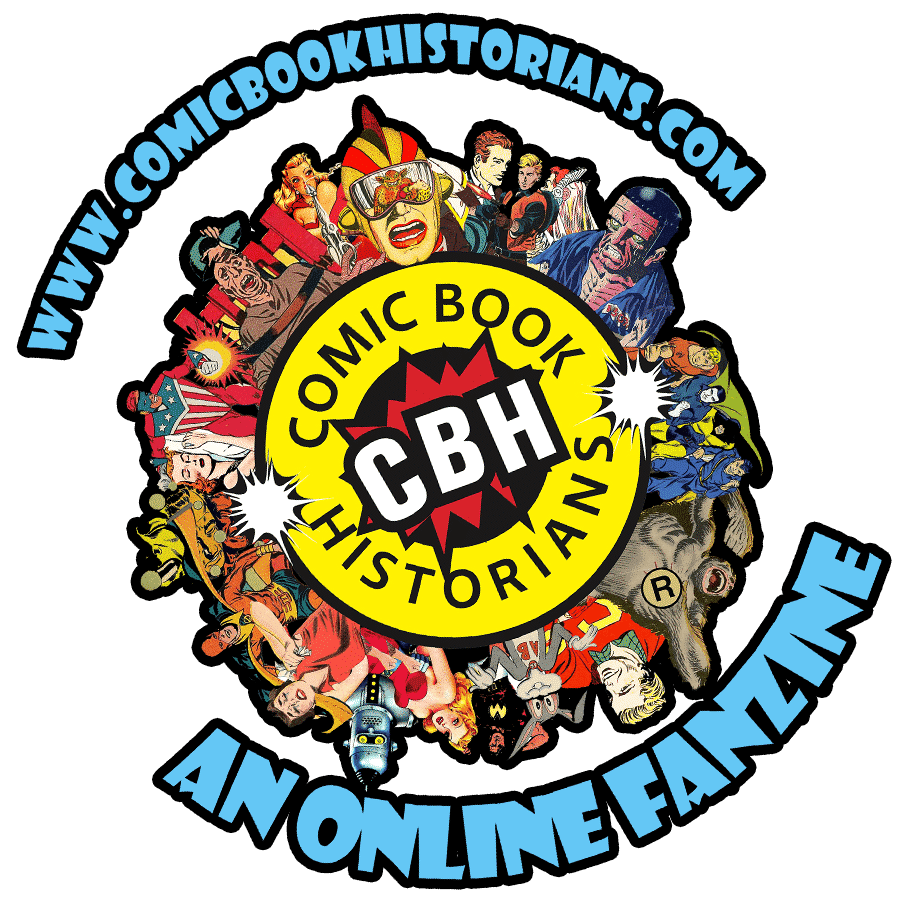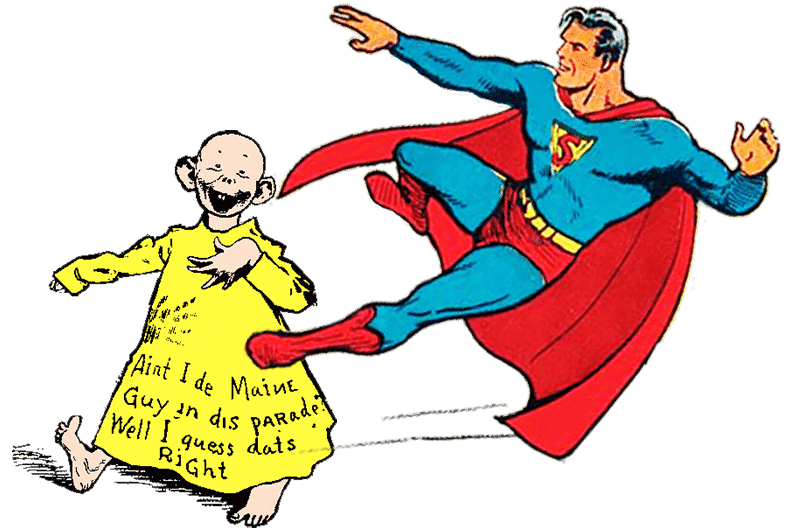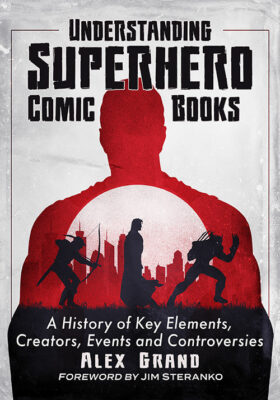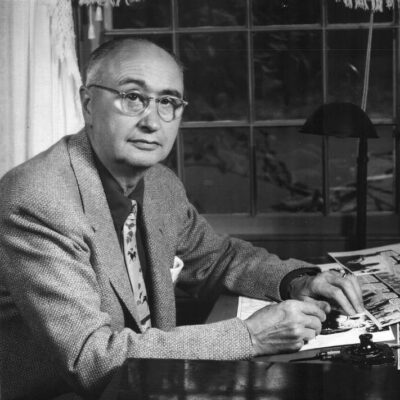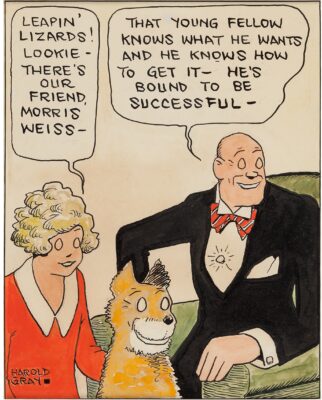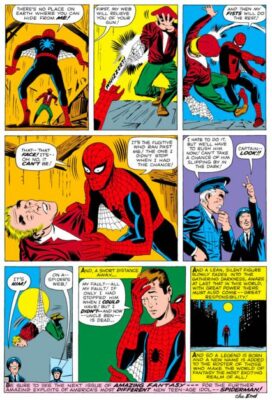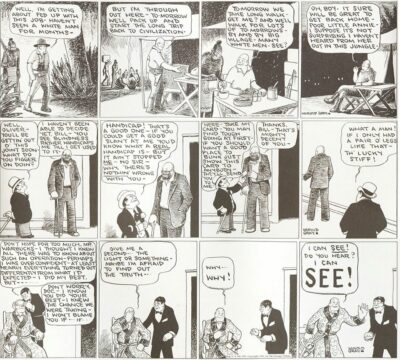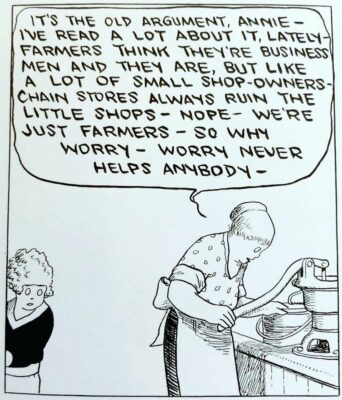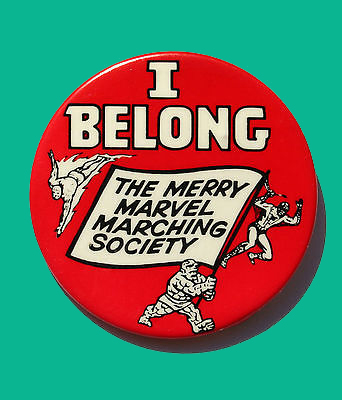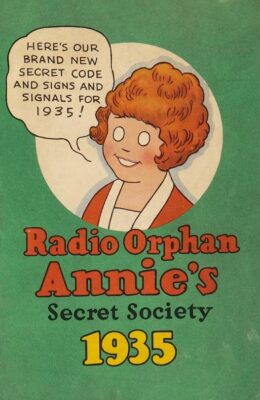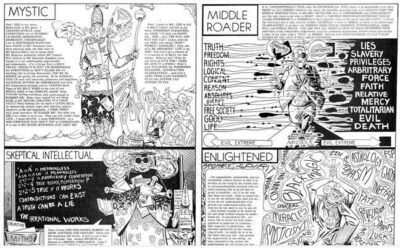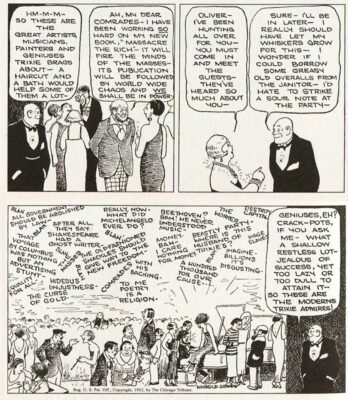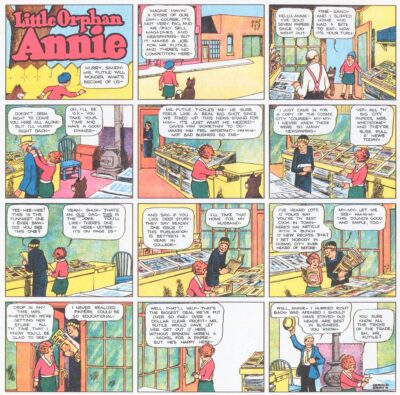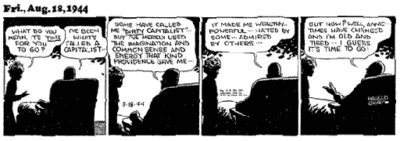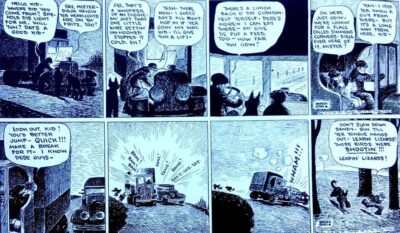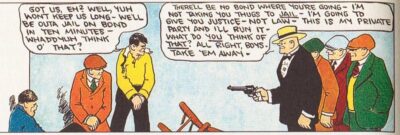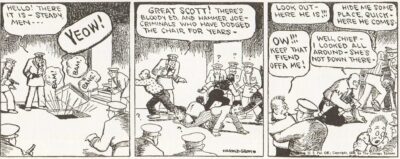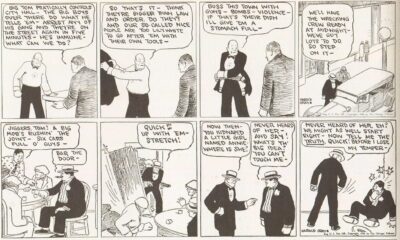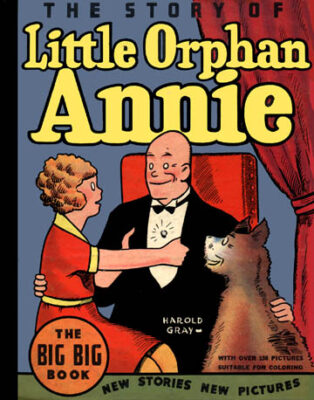Why is Harold Gray Important? by Alex Grand
Read Alex Grand’s Understanding Superhero Comic Books published by McFarland Books in 2023 with Foreword by Jim Steranko with editorial reviews by comic book professionals, Jim Shooter, Tom Palmer, Tom DeFalco, Danny Fingeroth, Alex Segura, Carl Potts, Guy Dorian Sr. and more.
In the meantime enjoy the show:
Why is Harold Gray important?
Well, there’s three main reasons.
Reason number one is dialogue that had heart. 40 years before Stan Lee was creating the great dialogue that we all love in his soapbox, as well as the dialogue balloons of Jack Kirby and Steve Ditko’s art,
Little Orphan Annie by Harold Gray is a very strong sequential narrative with heartfelt dialogue and an astonishing record of its times. Daddy Warbucks is to me the most fascinating character, maybe in that he is very similar to other rich war profiteering playboys like Tony Stark but in an older era. His fortune literally comes and goes due to reckless and risky decisions, and he makes for the worst parental guardian who ditches Annie then reclaims her in a never ending cycle to keep the comic fresh and Annie on her toes. His personal life when he goes off on his adventures are fascinating because they often take place in exotic countries. He can go off to Singapore and fight pirates or to Africa as shown in the upper daily from 1930, where he is living out the Jungle Jim hero role 4 years before Alex Raymond created Jungle Jim. The depiction of Africans is generally and unfortunately dehumanizing, and with the popularity of Edgar Rice Burroughs Tarzan, that was relatively common and part of the agony and ecstasy of old comics. As on top of the world Warbucks is in the top scene, the Great Depression does catch up to him when he loses his fortune again and gets into a work related truckdriving accident going blind. He does go through a rehabilitating and humanizing grueling series of dailies to get himself back up, and wealthy again. He eventually meets a doctor who does an experimental optic nerve surgery reviving his vision, and perpetuating the illusion of change. The illusion of change is what comics generally use to keep their characters from truly growing up and preventing any permanent changes, so that the brand stays the same for new consumers.
A lot of the dialogue focused on the self-development of the character, keeping continuity and connecting to previous stories, ultimately letting the characters develop as a people with lessons to learn.
Oftentimes this heartfelt dialogue resonated with readers, with Little Orphan Annie becoming a huge success for the Chicago Tribune syndicate.
They were so successful, they even had their own Radio Secret Society, very similar to Stan Lee’s Merry Marvel Marching Society, 30 years later.
The second reason he’s interesting is the same reason why Steve Ditko’s character, Mr. A, is interesting, or as Ayn Randian beliefs are interesting in comic book form;
Harold Gray would put stuff like that into his own comics.
Bringing his libertarian perspective into characters like Daddy Warbucks, who would go on certain rants, and Little Orphan Annie herself developing more childlike versions of these similar lessons.
This was made more fascinating as at the time, Harold Gray directed his antagonism toward FDR, who was essentially the opposite of libertarian.
The third reason why Harold Gray’s work is interesting is because of Little Orphan’s dealings with organized crime, which was big in the Chicago area.
He’d deliver action-packed sequences where you’d see shots coming through the windows or find her wrapped up in bags and getting thrown somewhere to be eventually killed.
You’d see Daddy Warbucks being almost like the original kingpin, beating up a lot of his adversaries.
He would even scare mayors or political figures into following his will.
Either with guns or whatever was around like an axe.
This was an interesting side of the Little Orphan Annie stories that a lot of people don’t really know about.
So why is Harold Gray so important? Why is it Little Orphan Annie so important? Because a lot of that storytelling technique was ahead of its time. All those fun storytelling techniques coming out of Marvel Comics in the 1960’s that readers were so blown away by, were already pioneered decades earlier by Harold Gray for Little Orphan Annie.
Join us for more discussion at our Facebook group
check out our CBH documentary videos on our CBH Youtube Channel
get some historic comic book shirts, pillows, etc at CBH Merchandise
check out our CBH Podcast available on Apple Podcasts, Google PlayerFM and Stitcher.
Use of images are not intended to infringe on copyright, but merely used for academic purpose.
Images used ©Their Respective Copyright Holders
